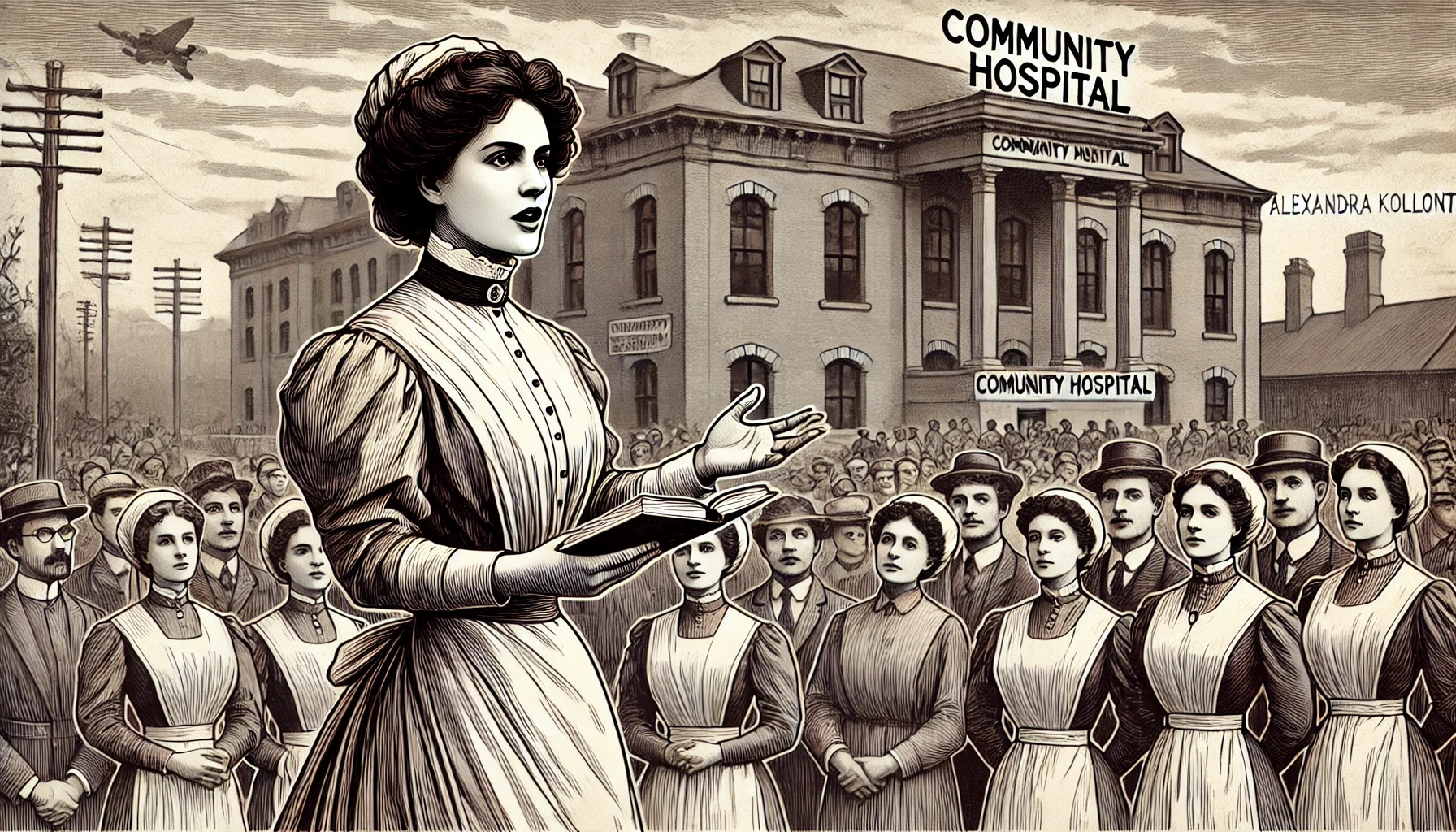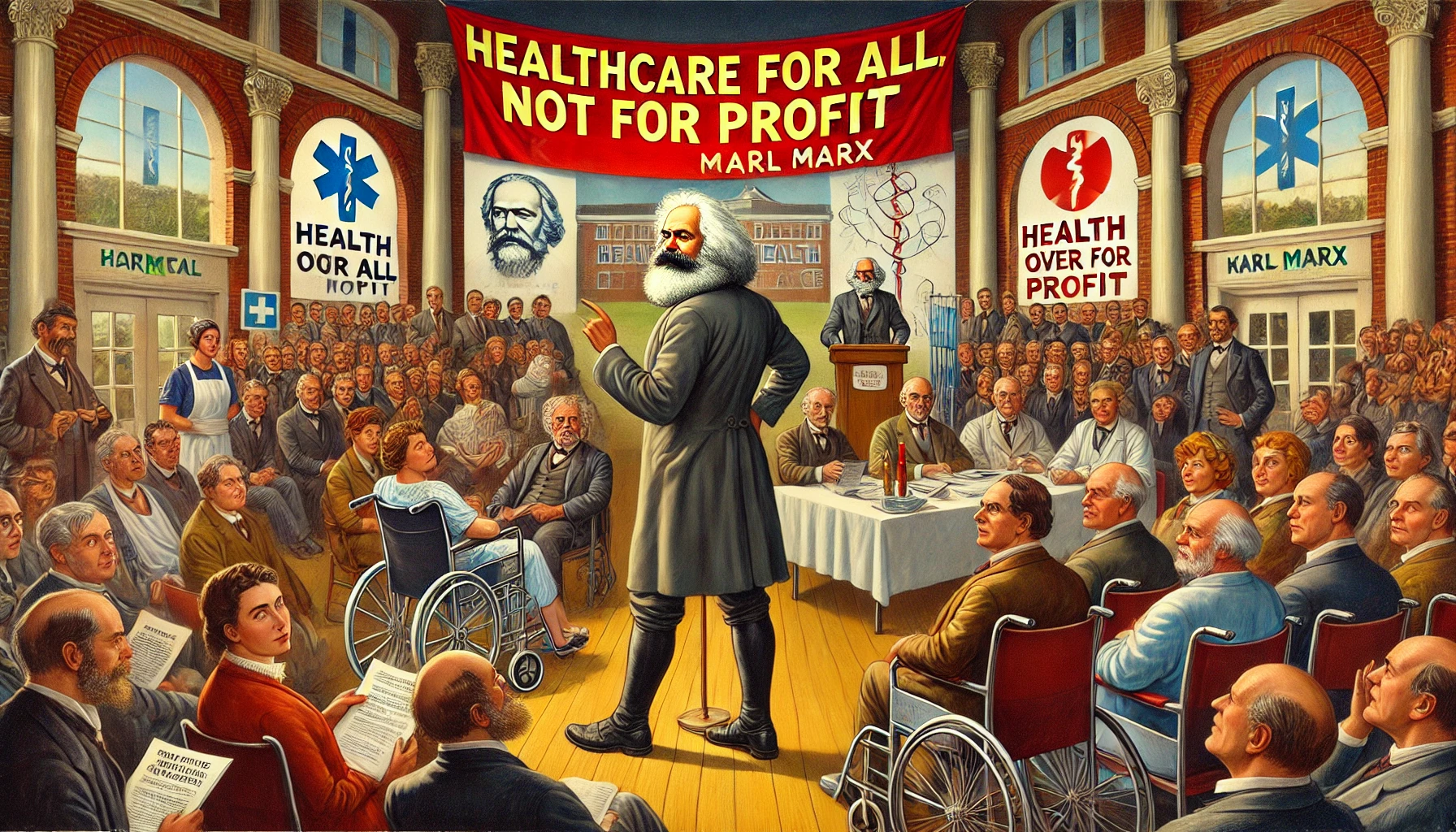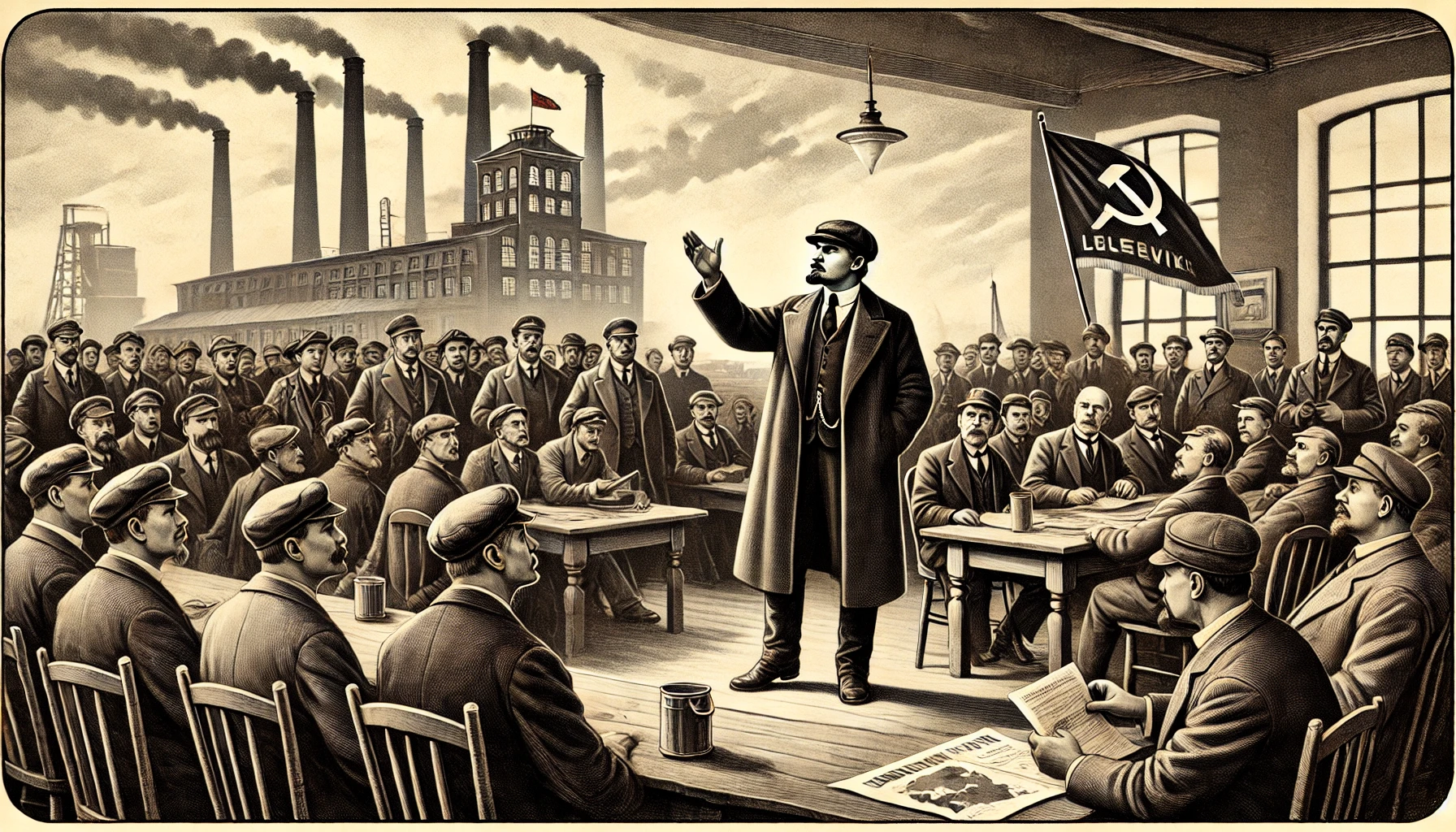Why Karl Marx Never Invented TikTok but Predicted Its Influence
Karl Marx didn’t invent TikTok, but his theories might explain why you can’t stop scrolling. TikTok’s relentless feed of dance challenges, life hacks, and cringe-worthy comedy epitomizes Marx’s concept of alienation. Workers aren’t just alienated from their labor anymore; they’re alienated from time itself. One minute it’s 9 p.m., and the next, you’re watching a goat do parkour at 3 a.m.
Marx argued that capitalism thrives on distraction, and TikTok is a capitalist dream. It monetizes attention, turning every second into potential profit. Content creators labor to produce viral hits, yet most of the financial rewards go to the platform. Sound familiar? Marx called it surplus value. TikTok calls it “community guidelines.”
What’s more, the app’s addictive nature underscores the commodification of leisure. Marx believed that even free time under capitalism wasn’t truly free; it’s shaped by the same forces driving us to produce. TikTok users might escape work for a few hours, but they’re still cogs in the content machine, generating data for algorithms to exploit.
Ironically, TikTok also serves as a space for resistance. From anti-capitalist rants to union-organizing advice, the platform gives a voice to workers demanding change. Marx would likely appreciate this digital class consciousness—though he’d probably have a few words about the “Marxism for Beginners” dances.
In the end, TikTok embodies the contradictions of modern capitalism. It’s a tool for both exploitation and empowerment, alienation and connection. Marx didn’t predict the app itself, but he certainly foresaw the forces shaping its impact. So, the next time you’re scrolling through TikTok, remember: you’re not just consuming content—you’re participating in a Marxist case study, one dance trend at a time.
Originally posted 2024-08-09 16:43:10.



